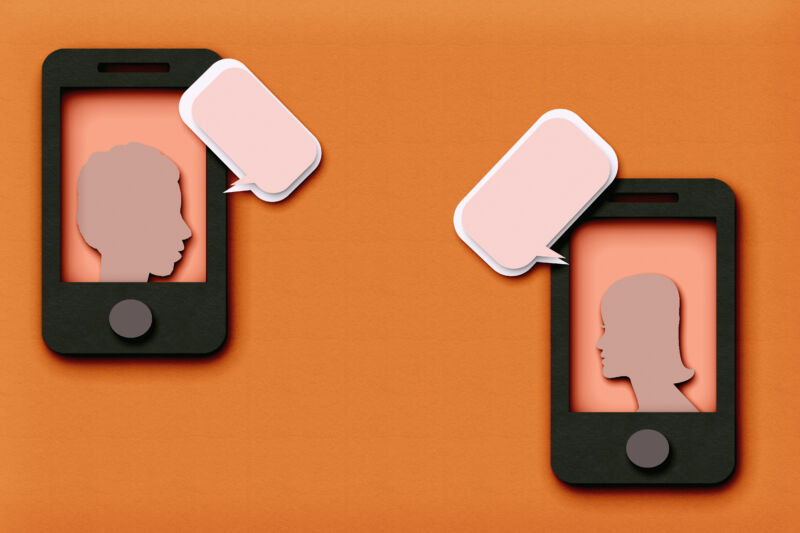Source: Engadget
Article note: Hey, this is a partial answer to one of my old thought experiments about "it'd be pretty easy to write a program (and/or physical art piece with one of those RGB LED grids) that generates all valid favicons, discuss the copyright implications."
A federal judge has agreed with US government officials that a piece of artificial intelligence-generated art isn't eligible for copyright protection in the country since there was no human authorship involved. "Copyright has never stretched so far [...] as to protect works generated by new forms of technology operating absent any guiding human hand, as plaintiff urges here," Judge Beryl Howell of the US District Court for the District of Columbia wrote in the ruling, which The Hollywood Reporter obtained. "Human authorship is a bedrock requirement of copyright."
Dr. Stephen Thaler sued the US Copyright Office after the agency rejected his second attempt to copyright an artwork titled A Recent Entrance to Paradise (pictured above) in 2022. The USCO agreed that the work was generated by an AI model that Thaler calls the Creativity Machine. The computer scientist applied to copyright the work himself, describing the piece "as a work-for-hire to the owner of the Creativity Machine." He claimed that the USCO's "human authorship" requirement was unconstitutional.
Howell cited rulings in other cases in which copyright protection was denied to artwork that lacked human involvement, such as the famous case of a monkey that managed to capture a few selfies. "Courts have uniformly declined to recognize copyright in works created absent any human involvement," the judge wrote.
The judge noted that the growing influence of generative AI will lead to “challenging questions” about the level of human input that's required to meet the bar for copyright protection, as well as how original artwork created by systems trained on copyrighted pieces can truly be (an issue that's the subject of several other legal battles).
However, Howell indicated that Thaler's case wasn't an especially complex one, since he admitted that he wasn't involved in the creation of A Recent Entrance to Paradise. “In the absence of any human involvement in the creation of the work, the clear and straightforward answer is the one given by the [Federal] Register: No,” Howell ruled. Thaler plans to appeal the decision.
According to Bloomberg, this is the first ruling in the US on copyright protections for AI-generated art, though it's an issue that the USCO has been contending with for some time. In March, the agency issued guidance on copyrighting AI-generated images that are based on text prompts — generally, they're not eligible for copyright protection. The agency has offered some hope to generative AI enthusiasts, though. "The answer will depend on the circumstances, particularly how the AI tool operates and how it was used to create the final work," the USCO said. "This is necessarily a case-by-case inquiry."
The agency has also granted limited copyright protection to a graphic novel with AI-generated elements. It said in February that while the Midjourney-created images in Kris Kashtanova's Zarya of the Dawn were not eligible to be copyrighted, the text and layout of the work were.
This article originally appeared on Engadget at https://www.engadget.com/judge-rules-that-ai-generated-art-isnt-copyrightable-since-it-lacks-human-authorship-150033903.html?src=rss


